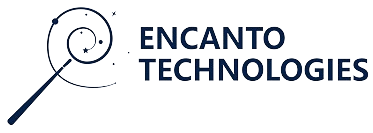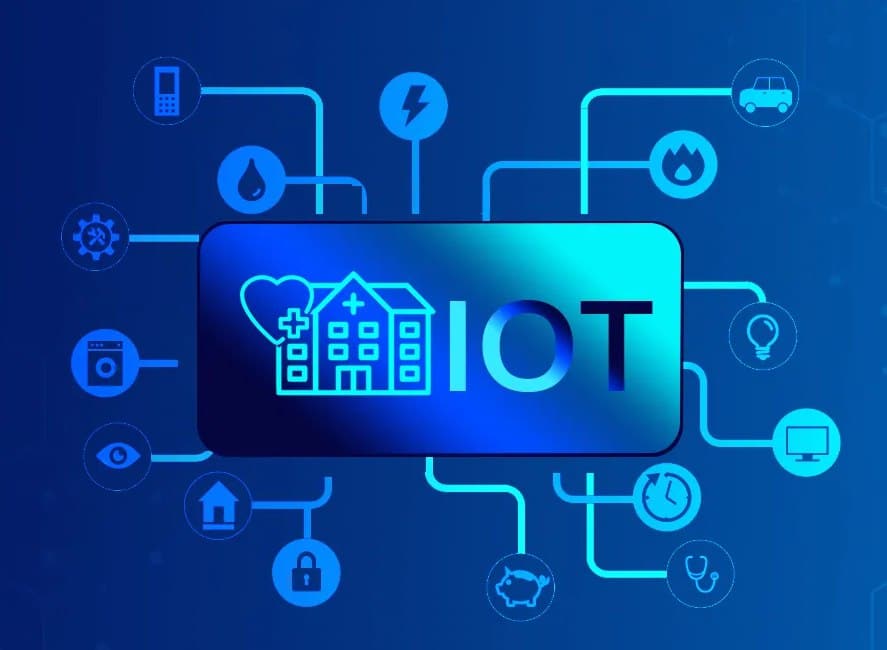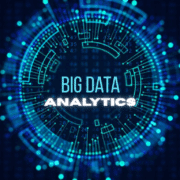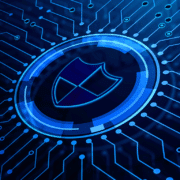IoT in Healthcare: How Smart Devices Are Saving Lives
The Internet of Things (IoT) is an ever-evolving concept that is now expanding beyond connecting homes and vehicles. IoT is paving its way into the healthcare industry, providing better solutions to save lives. The healthcare sector has accepted it too with open arms due to the enormous benefits that IoT brings.
A cutting-edge technology that IoT has introduced in the healthcare sector is smart devices. These devices are transforming the way of offering patient care, tracking key health metrics, and even managing hospital operations. Smart devices are real-life examples of the application of IoT in revolutionizing healthcare.
In this blog, we are going to learn more about the use of IoT smart devices in healthcare and how smart devices are helping healthcare professionals in saving lives.
IoT Smart Devices in Healthcare
IoT smart devices in healthcare refer to a range of interconnected medical devices, like wearable trackers, connected inhalers, ingestible sensors, and smart medication dispensers. They collect and transmit real-time patient health data to healthcare providers, enabling them to provide treatment more efficiently.
IoT smart devices are being leveraged in healthcare because they are easy to implement and use. Also, they are more reliable than any other traditional healthcare practices when it comes to saving a patient’s life. Here are some significant ways in which IoT smart devices contribute to delivering patient care better than ever;
Remote Patient Monitoring
Smart devices like fitness bands, wearable sensors, and tracking implants have made it easy for healthcare professionals to monitor the key health metrics of their patients. With the presence of smart inter-connected devices, Patients don’t need to visit their doctors physically anymore. Smart devices share necessary information about patients’ health in real-time. Smart devices also save lives by sending alerts to healthcare facilities when they register significant irregularity in patient vitals.
Telemedicine
Smart devices are proving helpful in delivering telemedicine to patients. Based on the patient data healthcare professionals receive, they can prescribe the ideal medication for each patient. A process that could take a lot of time with traditional ways is now done in a few minutes. The use of smart devices in delivering telemedicine is highly beneficial for patients who live in highly remote areas and cannot access healthcare facilities easily. Also, it is a more cost-efficient option for them.
Analysis of Drug Effectiveness
As an extension of telemedicine, smart devices also help in analyzing the effectiveness of prescribed drugs. This enables healthcare professionals to find the best possible treatment for their patients. On the other hand, the analysis of drug effectiveness helps drug manufacturers to work towards improving their developed medications. Better drugs and medications improve the efficiency of treatments provided to patients, decreasing the risk of fatality.
Medication Management
IoT devices like smart pillboxes are helping both patients and healthcare professionals to manage the prescribed medications. Smart pillboxes alert patients to take medications on time and never miss them. On the other hand, they send alerts to healthcare providers if a patient misses a dose. Increased irregularity in taking medications warns healthcare providers about the risk of severe health problems which could even lead to death.
Indoor Location Tracking
IoT smart devices enables more precise indoor location tracking as compared to GPS. These devices can be used to track the location of a patient, doctor, or an instrument within a healthcare facility. Indoor tracking ensures that all medical practices are conducted on time in the presence of healthcare professionals and with proper tools. It can also be used to monitor the attendance of doctors and patients to streamline operations within a facility.
Insights for Medical Research
The data generated by smart devices proves to be a great source of valuable insights for medical research. These data consists of various parameters of a patient’s health and logs every change in these parameters during the phase of recovery. Researchers analyze all the acquired data to create more effective drugs for patients. Also, they can can apply data science and data analysis on the gathered information to optimize treatments for the future.
Optimizes Workflow
Smart devices are not only helpful in patient care, they also have siginificant application in optimizing workflow in healthcare facilities. Smart devices integrated with central systems enables to streamline core operations such as maintaining medication stock, monitoring staff attendance, documentation of patients, and several others. Smooth operations are equally important in providing accurate treatments to patients and save thier lives in severe conditions.
Best Use Cases of Smart Devices in Healthcare
IoT smart devices are already proving to be helpful in various ways in the healthcare industry. There are several use cases of smart devices that are currently being applied in the industry to deliver better patient care. Here are some of the prominent ones;
Ingestible Sensors
Ingestible sensors are tiny devices that can be in a patient’s body without the need of any surgery. They are no larger than a normal pill and can be simply ingested. Once they get into the patient’s body, they provide accurate signals about the body functions, level of medication in the blood, and state of the digestive system. They are easy-to-use, painless, and precise as compared to other implant sensors.
Hearables and Vision Technology
Smart hearing implants and connected contact lens are the most significant IoT smart devices currently being used in the healthcare industry. These devices are helpful for people with hearing and vision problems. Use of such devices improves the interaction of patients with the outside world, giving them a permanent solution for their disabilities.
Moodables
Moodables are specific IoT smart devices that are specially created for patients with mental health conditions. As the name says, these devices monitors the patients mood and sends the reports to healthcare professionals. When needed, these devices can also transmit low-intensity currents to elevate the mode of patients. Halo Neurosciences and Thync are the companies that currently produce such devices.
The Future of IoT Smart Devices
Technology and innovation have always been a significant contributor to the growth of the healthcare industry. The integration of IoT smart devices in healthcare is bringing forth a new wave of improvements which will go deep into the future.
Statistics also support this fact. The application of IoT in the healthcare market will rise with a CAGR of 17.8% from $127.7 billion to $289.2 billion by 2028. This significant jump in numbers proves that IoT has become more significant in the healthcare industry in near future.
From monitoring the health status of patients in real-time to consulting with doctors online, the use of IoT smart devices is not just an option but a must-have for healthcare facilities that seek to deliver better care at lower costs and remain relevant in a competitive market.




